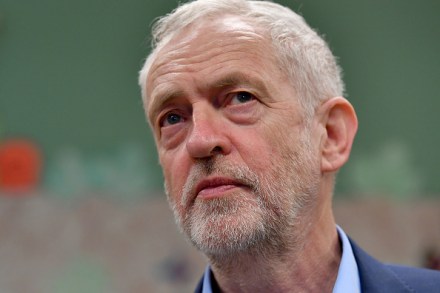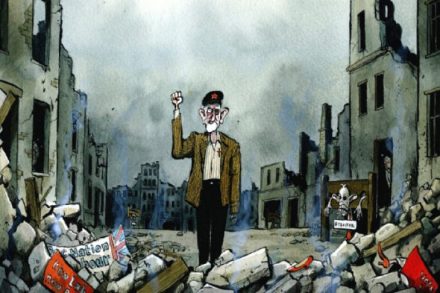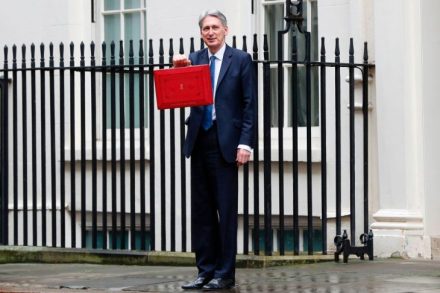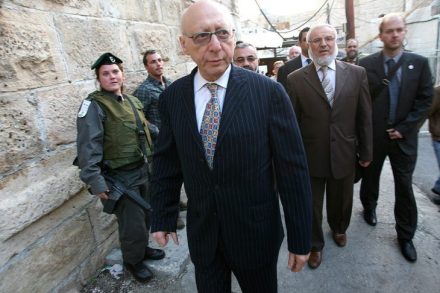Even a crushing election defeat might not spell the end of Jeremy Corbyn
After the referendum, Jeremy Corbyn said that Labour was ‘very, very ready’ to contest a general election. Which is good news, because that’s precisely the task he now faces. In the world of Corbyn’s most ardent supporters, the snap election has been greeted with something like glee. Their greatest fear – that Corbyn may not survive in the leadership long enough to face the public at large – has been alleviated. Momentum’s Michael Chessum tweeted that there ‘absolutely is a path to victory for Labour… We’ll have to be bold, but it’s there’, while Paul Mason said that ‘a progressive alliance can beat the Tory hard Brexit plan’. That jubilation on the




















